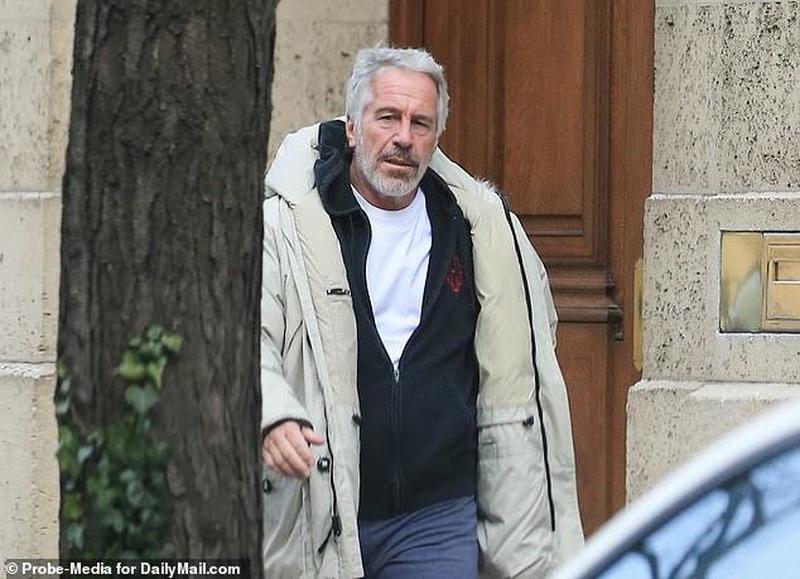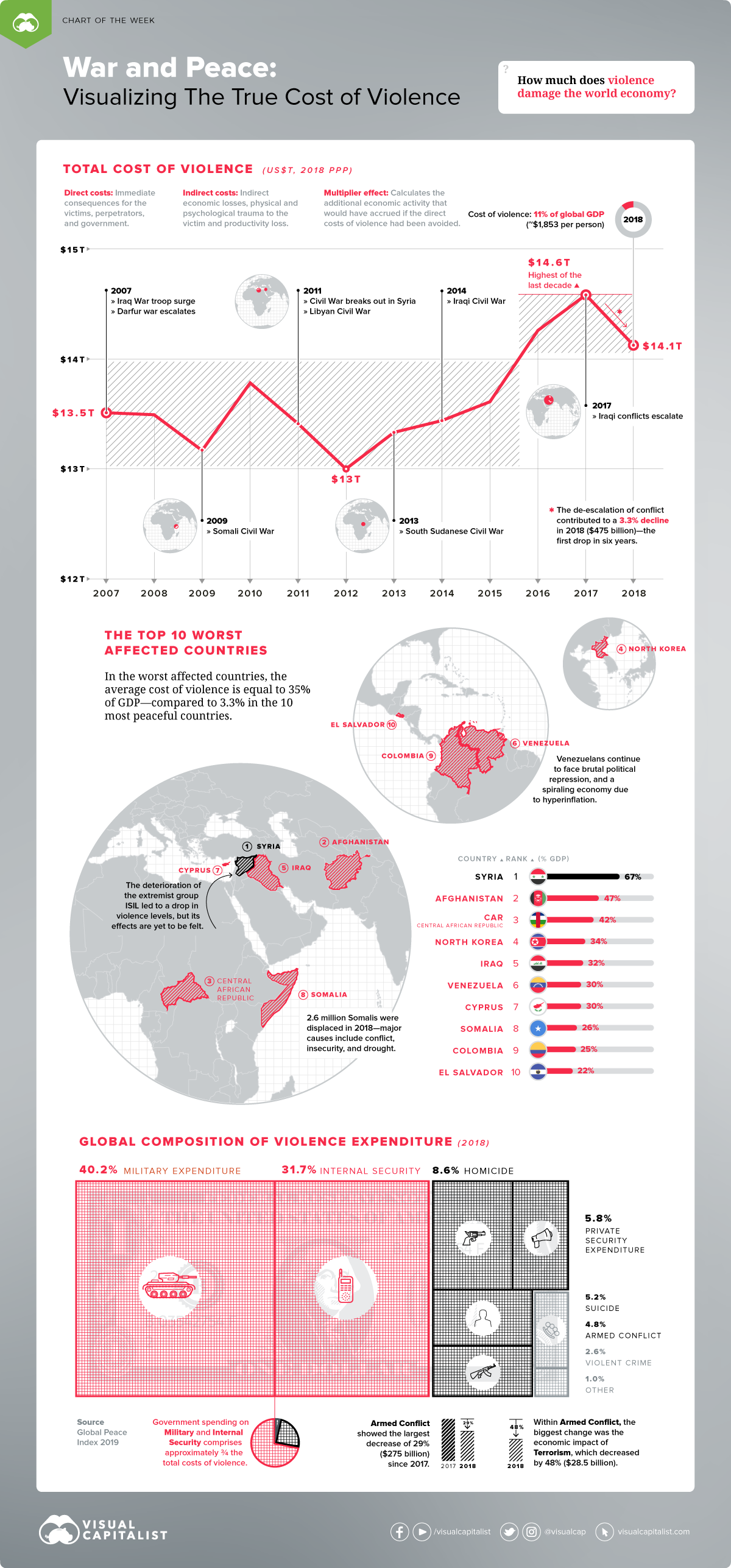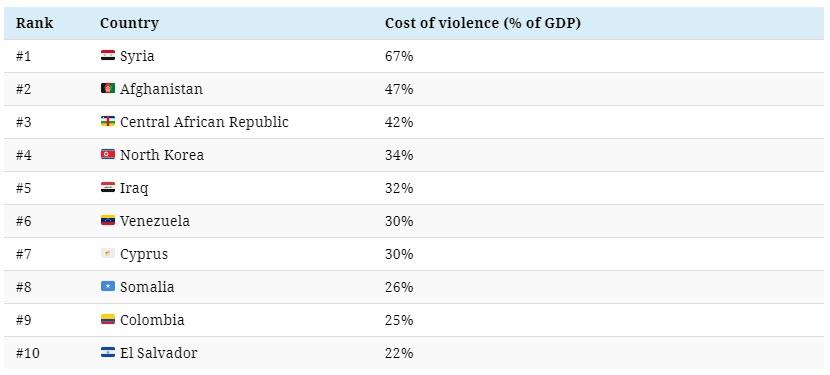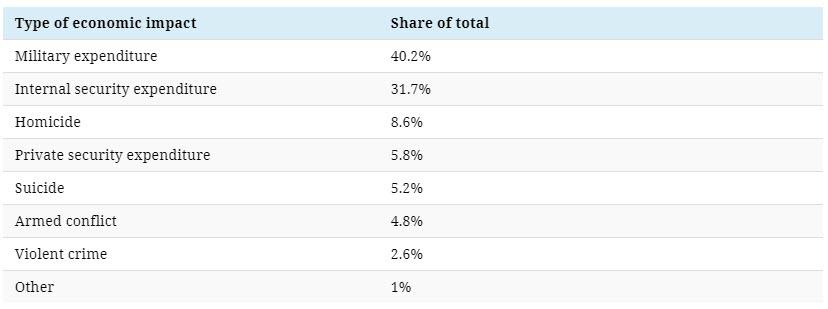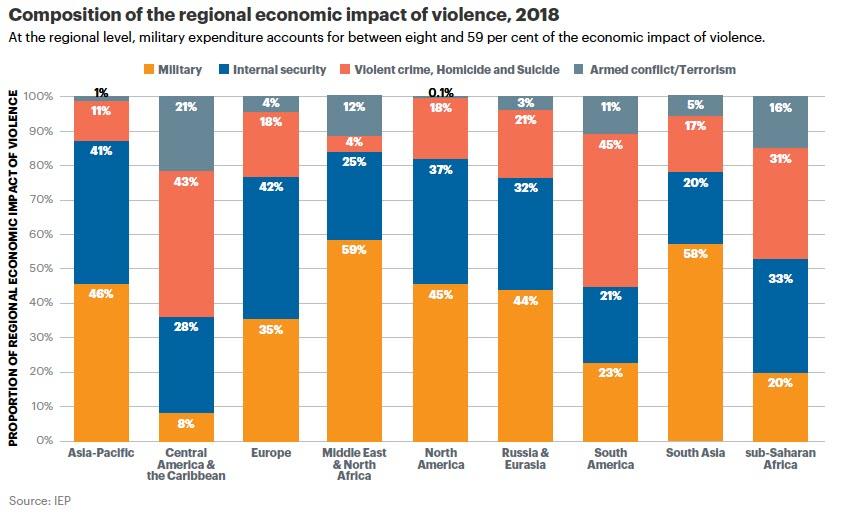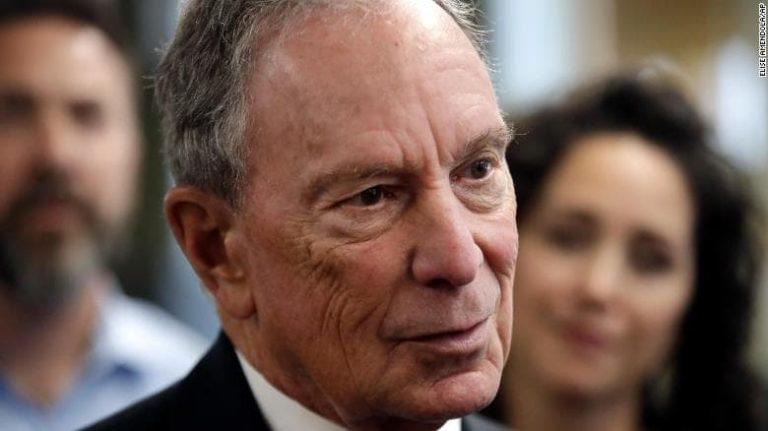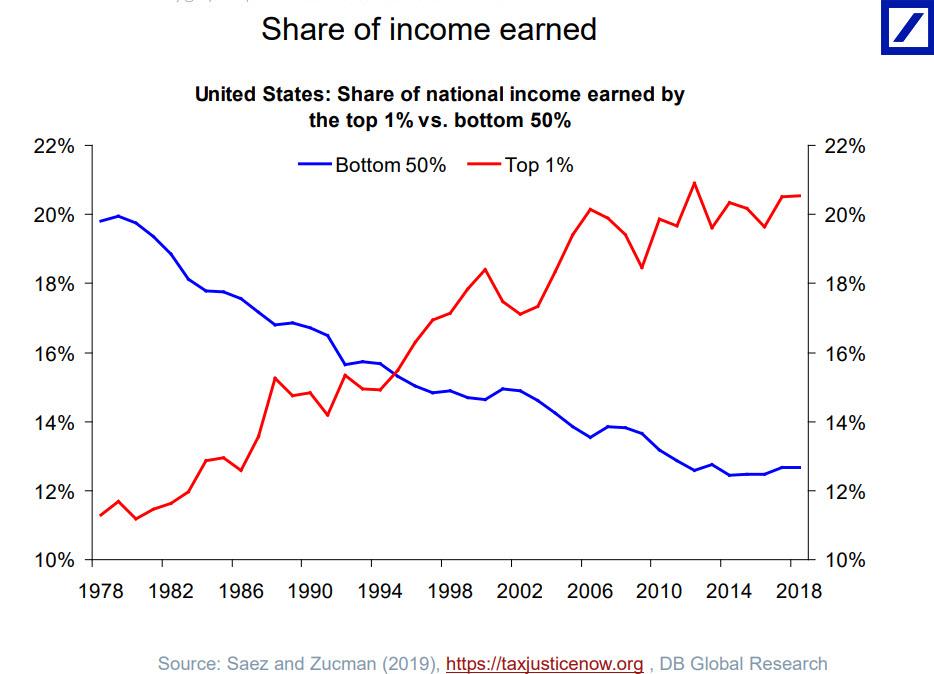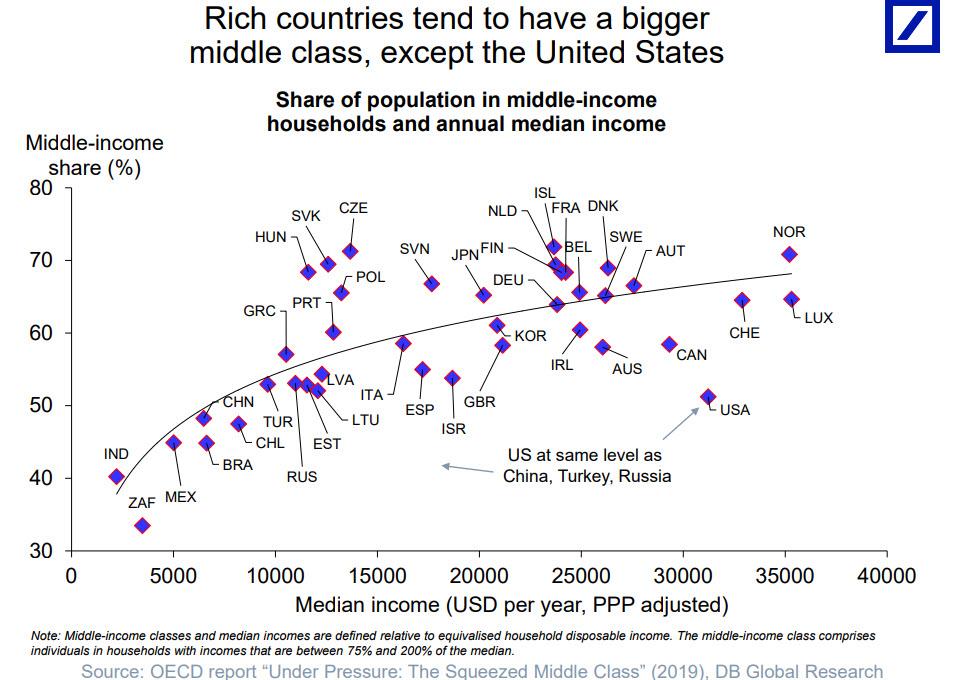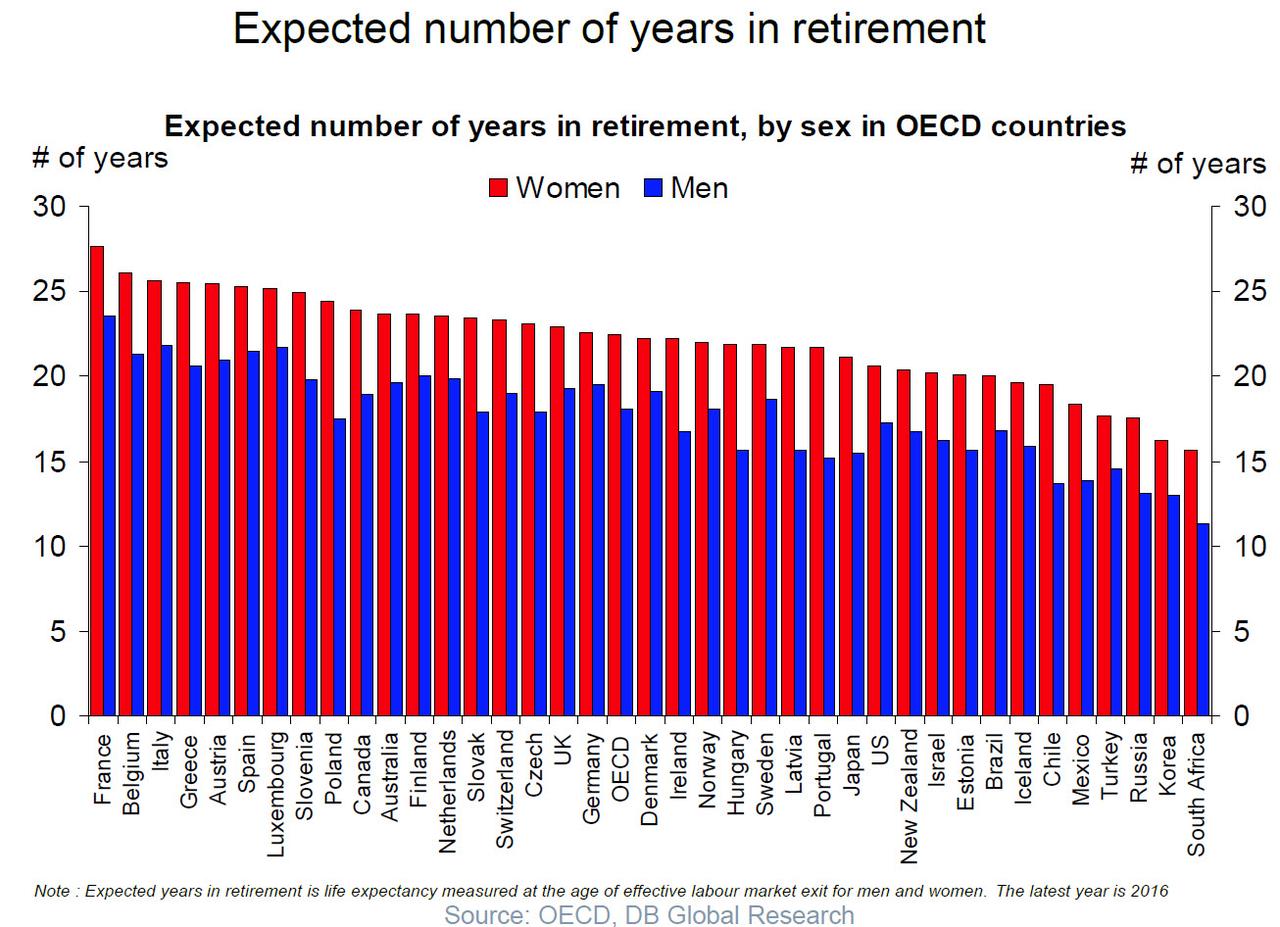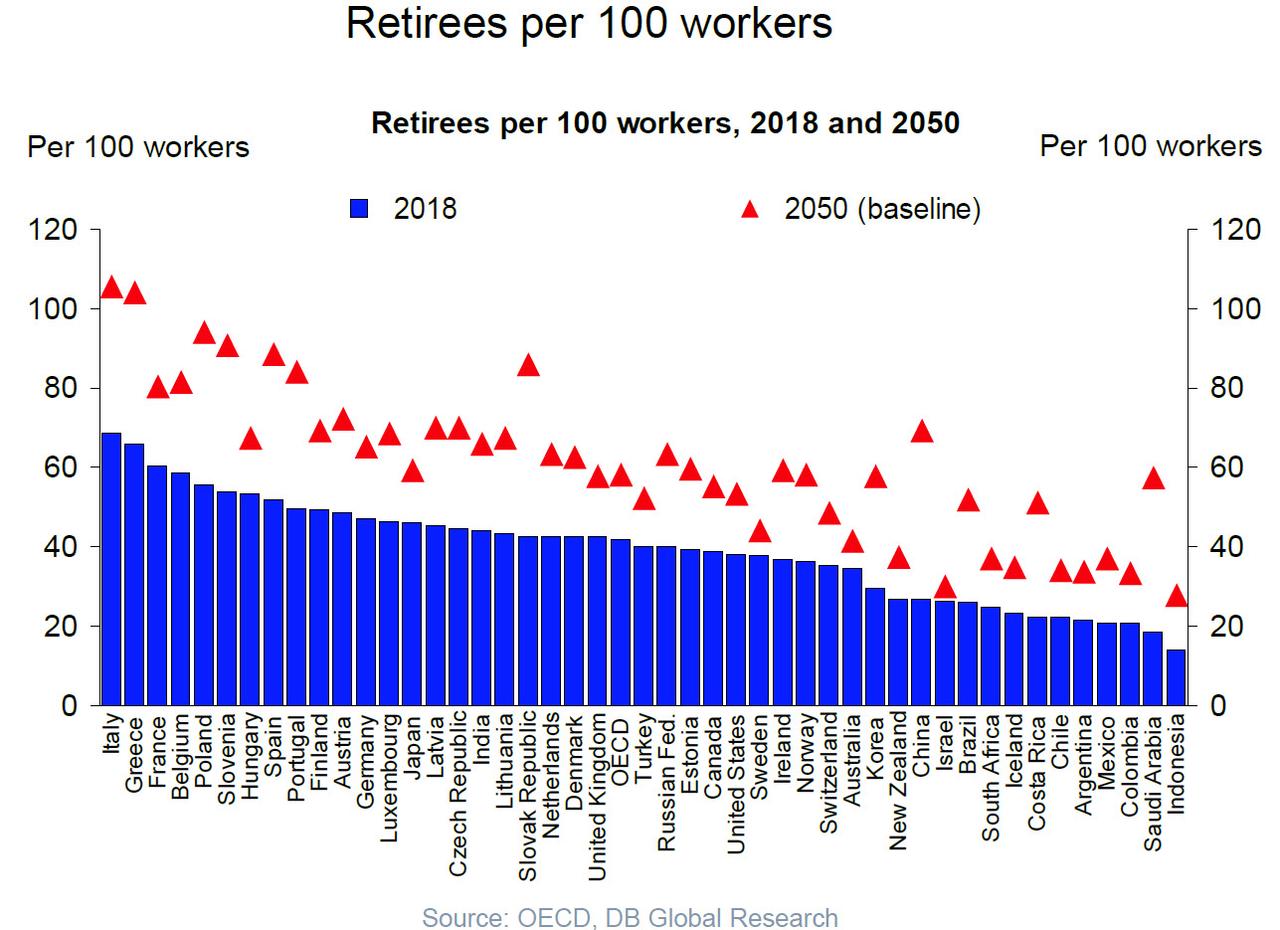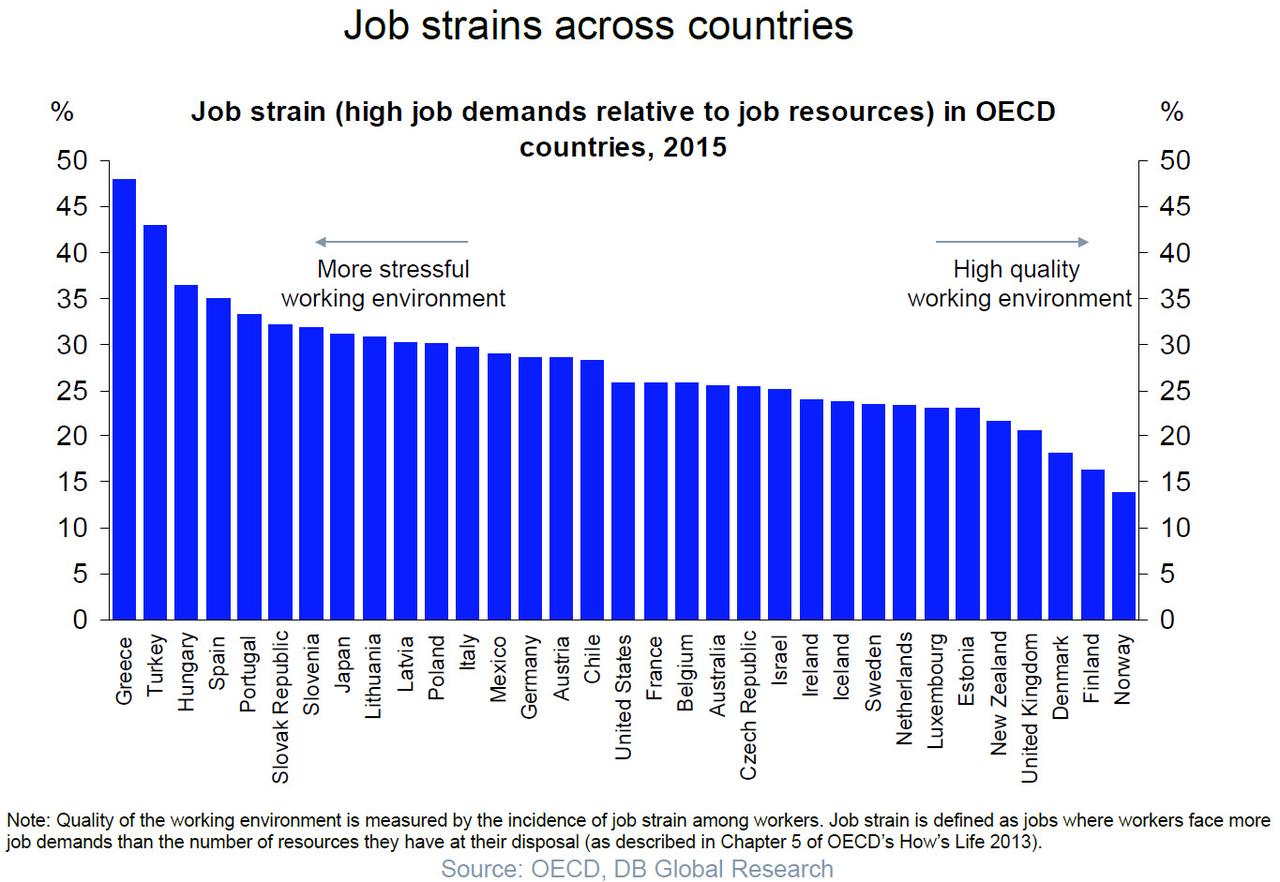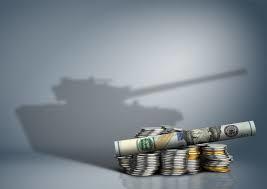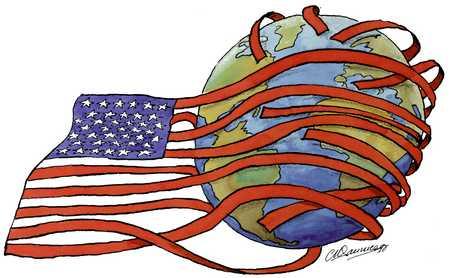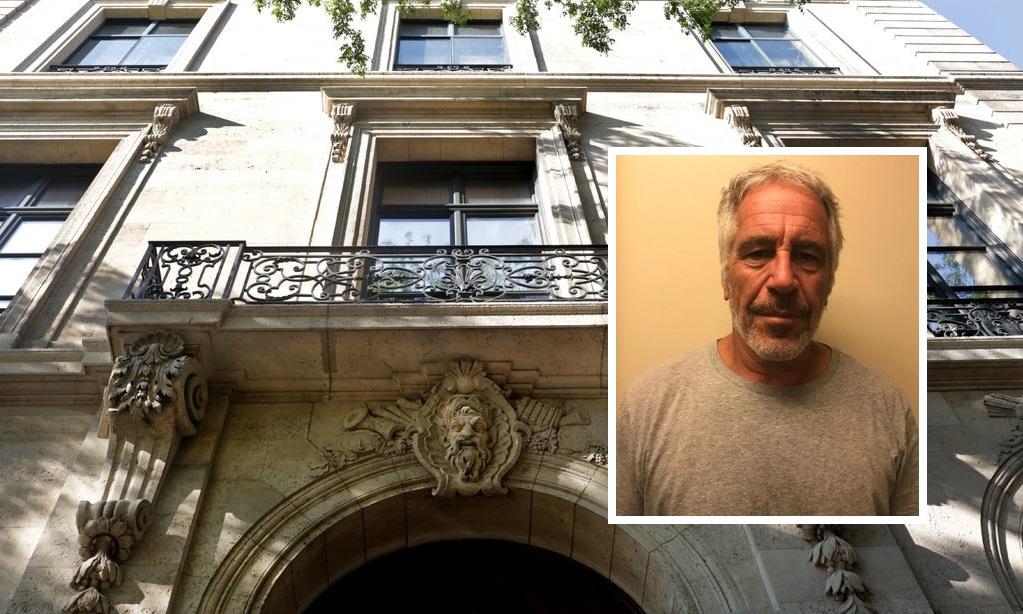Will The Epstein Story Ever be Fully Told?
Authored by Bill Rice, Jr.
More than four months after Jeffrey Epstein’s arrest – and three months after his alleged suicide – it requires no opinion poll to know that few Americans believe the story of the international sex trafficking ring orchestrated by Epstein and his alleged “co-accomplices” will ever be fully told.
More specifically, many Americans believe that most (if not all) of the key questions regarding the case will remain unanswered. For example …
- How many Epstein “associates” actually received sexual “services” from underage girls? Will all (or even any) of these people be identified, exposed and perhaps prosecuted? Were any of these individuals blackmailed, extorted or in any way compromised?
- Did employees within agencies of the U.S. government turn a blind eye to Epstein’s activities? Was Epstein, in fact, “intelligence” and, if so, on whose orders was Alex Acosta allegedly told to leave Epstein alone?
- Did Epstein continue his sex-trafficking operation even after being released from jail in 2009? If so, how was this possible?
- Where did Epstein receive the money to fund his operation, including the acquisition of the largest private residence in Manhattan, two secluded private islands in the Virgin Islands, a secluded “ranch” in New Mexico, two large jets and a helicopter?
- Why, for years, did the “watchdog” press display no interest in a scandal that, if fully told, could qualify as the “story of the century,” a story that might implicate many more powerful people and government agencies than Watergate?
- Pertinent facts surrounding Epstein’s death, ruled a suicide, have also yet to be disclosed. One unanswered question: How was it possible an inmate who may have possessed “dirt” on the most powerful people in the world could be left alone in his cell?
In short, at least in the opinion of many, the public will never learn how massively corrupt our system of justice may be, and if a privileged class is in fact held to a different standard of justice, and/or is protected by the powers that be. Nor will the public learn how prurient, immoral and brazen a cross-section of the world’s elite may be.
Of course, authorities may, in fact, do their jobs and ultimately disclose the entire scale of Epstein’s operation. Prosecutions and plea deals to come could include a “Who’s Who” of the world, and expose any government agencies that may have “looked the other way.”
At least theoretically, our government could expose a decades-long criminal operation, a revelation that very possibly would change the way millions of people view the U.S. government; not to mention how the public views many powerful VIPs who navigate in the orbit of politicians and policy-makers.
Once upon a time, the number Americans who believed justice would ultimately prevail in a case like Epstein’s would probably have filled a good-sized nation. Today, the number who posses this conviction might fill a medium-sized city.
Citizens who doubt the full story of the Epstein saga will ever be revealed have little trouble citing stories that explain their metastasizing skepticism.
For example, plenty of people did notice when Saudi Arabia and its Crown Prince Prince Mohammed bin Salman suffered no adverse consequences following the gruesome murder of columnist Jamal Khashoggi, a murder many people believe the prince ordered.
Others remain befuddled as UK authorities continue to insist that the government of Russia commissioned a hit team that used nerve agents in the assassination attempt of Sergei and Yulia Skripal, this despite the copious number of holes that pockmark the “official” story.
Similarly, the narrative that Syria President Bashar al–Assad “gassed his own people” – a highly questionable proposition to many – has nonetheless been widely accepted as truth, at least by intelligence agencies and a press corps that increasingly accepts official pronouncements as incontrovertible.
[editor’s note: see Caitlin Johnstone’s latest on two OPCW whistleblowers whose claims effectively dubunk the narrative]
The aggressive prosecution (persecution) of Julian Assange is another story that disturbs at least some citizens. The fact so few members of the mainstream press have rallied to Assange’s defense has only deepened the depression of one-time idealists.
And these examples do not include the most dubious government narrative of them all, the assertion Saddam Hussein possessed weapons of mass destruction, a false predicate that ultimately caused the death and suffering of millions of people.
Cynics could also point to an investigation that, unlike several of the above examples, did receive incessant press coverage – the story that Russia somehow “rigged” or “hacked” a U.S. presidential election, a conclusion accepted as gospel by most in the mainstream press, but viewed as preposterous by millions of Americans.
In these and other cases, a growing number of citizens have come to believe that official “investigations” and “official findings” are either a sham or intentionally omit details which do not support the desired meme.
It’s within this context that millions of Americans have latched onto the Epstein story and the growing conviction that our government (and press corp) have become more interested in concealing truths than exposing them.
The Epstein story is not just the latest scandal of the week. The number of individuals who could have been involved, or who might have worked to cover-up its existence, almost certainly dwarfs the number implicated in Watergate.
The list of those who might have some knowledge of Epstein’s criminal enterprise includes a sitting president, ex-presidents, ex-prime ministers, Justice Department officials, State Department officials, FBI agents, employees of domestic and international intelligence agencies, state prosecutors, local law enforcement, politicians, ex-politicians, lobbyists, titans of industry and finance, CEOs, attorneys, accountants, banks and bankers, celebrities, academics, scientists, political operatives and executives within the Fourth Estate.
Almost five months after Epstein’s arrest, one is struck by curious events that have already occurred and by developments yet to occur.
For example, how is it possible that Ghislaine Maxwell – the “Bonnie” to Epstein’s “Clyde” – has yet to be charged with any crimes? Or, as far as the public knows, even been questioned by authorities.
Public skepticism about the “investigation” spiked when, five weeks after his arrest, the FBI finally raided Epstein’s “Lolita” Island. Epstein’s “ranch” in New Mexico has still not been searched.
The public has also received no indication that authorities are, in fact, questioning any of Epstein’s many “associates,” especially those who may have had sexual contact with girls recruited and groomed by Epstein and Maxwell.
Every person named in court documents or press reports as allegedly or possibly having sex with an underaged girl or young woman at Epstein’s bequest has denied the allegations. Which begs the question: Who’s telling the truth and who’s lying? To form an opinion on this central question, authorities would presumably need to interview anyone with possible knowledge of alleged sexual or criminal acts. Investigators could then seek information that either corroborates or impeaches each person’s account.
However, evidence is growing that the protocol in a typical “he-said, she-said” investigation is not being followed in the Epstein case. Instead, authorities may have simply accepted as truth the statements of denial issued by powerful public figures.
True or not, many Americans believe the Department of “Justice” will not prosecute (perhaps even question) scores of individuals who may have broken U.S. laws and who may have been victims of a disturbing blackmail operation.
Perhaps authorities have concluded it’s better to not know. Perhaps they realize if they interview one suspected “John,” they’ll have to interview every potential “John.” if this number ends up being massive, and includes a Who’s Who of our society, important illusions about society’s leaders and our system of justice could be shattered.
At its core, the Epstein case will reveal whether government prosecutors and investigators possess the courage and integrity to expose sordid truths about some of the wealthiest, most-connected, powerful people in the world, and perhaps reveal embarrassing truths about our government.
Americans might soon learn what objective is more important to Justice Department officials: Protecting the rich and powerful from the consequences of their behavior, or confirming that a system of justice grounded in trust can still be trusted.
Sadly, many Americans are convinced authorities will not do the right thing.
However, in proving skeptics wrong, authorities would accomplish at least four objectives, all noble. They would punish the guilty. They would provide justice to victims too long ignored. They would deter future Epsteins and future “Johns,” especially those unaccustomed to being held accountable for their actions. And, perhaps most importantly, they would allow a ray of sunshine to pierce the shadow of cynicism that’s spread across our country.
While such a development might not restore all trust in government, it would be an eye-opening start. For those who believe the moral character of a nation is important, it would send a message that all hope is not lost.
****
Bill Rice, Jr. is a freelance writer in Troy, Alabama. He can be reached by email at wjricejunior@gmail.com
Tyler Durden
Sat, 11/30/2019 – 22:30
via ZeroHedge News https://ift.tt/2R7FO1y Tyler Durden
